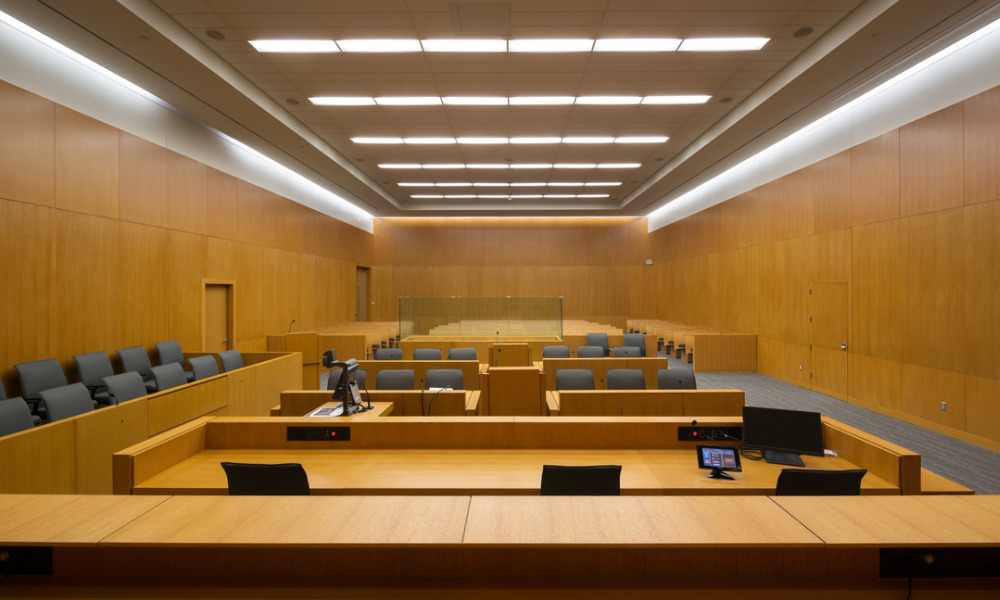Too late for original medical malpractice trial; new trial necessary to freshly consider facts

The Alberta Court of Appeal has limited the scope of an appeal of a medical malpractice trial’s adjournment because it cannot “turn back the clock” to grant the relief asked for by the parties by resuming the original trial.
In Ewashko v. Hugo, 2022 ABCA 194, Julie Ewashko claimed that her infant child, Aidan, suffered “catastrophic and permanent injuries” at the time of his birth in Camrose, Alta., because of negligence caused by Dr. Etienne Groenewald and Dr. Wouter Hugo.
During trial, Ewashko obtained a report from an expert witness that she wished to present as evidence. Groenewald and Hugo objected against the testimony of the witness. The trial judge ruled that the expert witness was qualified to give evidence, but on narrower grounds than was anticipated by Ewashko. She then asserted that she could not continue with the trial without all the expert evidence of the witness, so she applied for an adjournment. The court granted the adjournment to allow Ewashko to retain a new expert.
The appellants, Groenwald and Hugo, were given permission to appeal on only whether the trial judge committed an error in granting a mid-trial adjournment. However, the Notice of Appeal they had filed contained a sweeping statement: “Such further grounds on appeal as may be raised in the Appellant’s factum or at the appeal of this decision.”
The scope of appeal in this case was limited to the issue on which permission to appeal was granted — the mid-trial adjournment. The defendants were entitled to put forward arguments to support their stand that the adjournment should not have been granted, and they could further assert that the court reverse its decision to adjourn.
However, the court pointed out that it cannot “turn the clock back and eliminate the time that will have passed between the adjournment on November 16, 2021 and the date that the appeal is resolved.” The court further said it cannot grant any effective relief, other than by declaring that the adjournment should or should not have been granted, because the case is set to be heard again before a different judge.
The court emphasized that the defendants were given permission to appeal on one issue only, and they cannot raise other grounds of appeal. Consequently, the court struck out the catch-all statement in the Notice of Appeal.
The respondents filed a cross-appeal that challenged the trial judge’s decision to not qualify the expert witness and the decision that a notice of objection to an expert’s qualifications is not required. The appellants, in turn, applied to strike out the whole of the cross-appeal on the basis that it challenged matters that were not decided by the order under appeal, it was filed without permission to appeal having been granted, and it was too late to seek such permission.
The court struck out the cross-appeal. The court said that since a cross-appeal is premised on a contention that “the decision of the court appealed from should be varied,” the cross-appeal is likewise limited to whether the adjournment should have been granted. In this case, the order under the appellants’ appeal dealt only with the issue of whether the adjournment should have been granted or not. The cross appeal did not seek to “vary the decision under appeal” so it must be struck out, said the court.
The court further said that since the trial judge had already recused himself, a new trial would have to commence before a different judge. The judge presiding at the new trial was not bound by the findings made at the first trial and all factual questions are to be freshly considered in the new trial.










